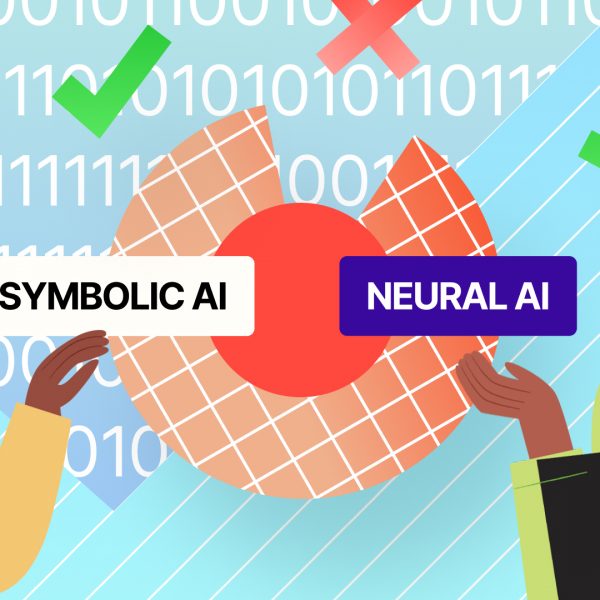 Smau is an International Exhibition of Information and Communication Technology that has been held since 1964. The idea behind it is to present cutting-edge solutions in digital technology to a wide audience.
Smau is an International Exhibition of Information and Communication Technology that has been held since 1964. The idea behind it is to present cutting-edge solutions in digital technology to a wide audience.
Smau Milano took place in October 2017. More than 250 innovative international companies presented their products in a space of 22,000 square feet.
At Smau Milano 2017, AdoptoMedia was represented by CEO Alexey Kuznetcov and marketing director Kristina Pustovit.
Kristina will now answer a few questions about the company, its field, and its participation in the exhibition.
- Kristina, good afternoon! First off, could you please tell us about the theme behind Smau Milano and the product you were presenting?
Discussions at Smau Milano mainly had to do with marketing digitalization. The main issue with operating offline and online channels at the same time is how difficult it is to measure their performance together. Performing estimations for online advertising, on the one hand, is a rather streamlined process, since there are dedicated metrics and analysis tools. However, when working with offline ads, there is no one clear method for doing such measurements and estimating efficiency.
An advanced solution, developed by AdoptoMedia, enables you to allocate budgets among advertising channels. Consolidating offline and online channels in a single model, comparing them and identifying the most efficient ones, is what our product is all about.
This tool can calculate an optimum marketing budget depending on the company’s goals or financial capacity, as well as the current economic situation, based on the econometric modeling technology.
In the case with offline advertising, we are talking about allocating the budget among the channels such as TV, radio and OOH ads.
In working with online advertising, the goal is a bit different — that is, to effectively allocate the budget within it between adverts and formats. The existing standard approach to budget allocation is based around estimating the conversion value of an advert into desired actions on the web site. This approach cannot evaluate the cost of the entire chain of user-advert interaction, since it is based only on the last click and and does not account for the user’s exposure to banner ads, reading of Instagram feeds containing advertisements, or previous visits to the advertiser’s website from search result lists. Our solution is specifically designed to eliminate the shortcomings of the standard approach by registering all the user actions thanks to the attribution modeling system.
- How did the visitors react to the product? How appealing do you think it was to them? Which features proved to be the most or the least intriguing?
There is, in fact, client demand exactly for the kind of solution we are providing — the one that helps estimate the efficiency of offline advertising in tandem with its online counterpart.
Many clients were interested in bringing Italian companies abroad, in particular, to the Chinese market. The promotion experts behind Italian brands are interested in finding solutions that can provide the ability to remotely manage marketing budgets in developing countries. Our product is at a real advantage here, since it allows estimating the impact of advertising regardless of where it is placed.
- Did the exhibition prove beneficial to your company? If so, in what way?
During our visit we managed to talk to hi-tech companies, for example, we discussed the possibility of collaborating with SAP Hybris.
As of today, we are already partnered with one of the top MRM systems. This partnership is beneficial in that it provides an ability to handle multiple client products at once, supports the media plan approval process among several company departments and the handling of creative materials, among other things.
We additionally discussed the matter of adapting marketing for the new GDPR requirements. Beginning with spring 2018, users will gain the so-called right to erasure, or the right to be forgotten. It means that users will be able to contact any company and request that their personal data be erased to avoid unauthorized distribution or access by third parties. The new GDPR rules will mainly have a negative impact on targeted online ads, which work around the existing user data and search request history. Many clients were concerned about the repercussions the new rules will have on our product, but it should be noted that our tool satisfies all the currently applicable requirements.


